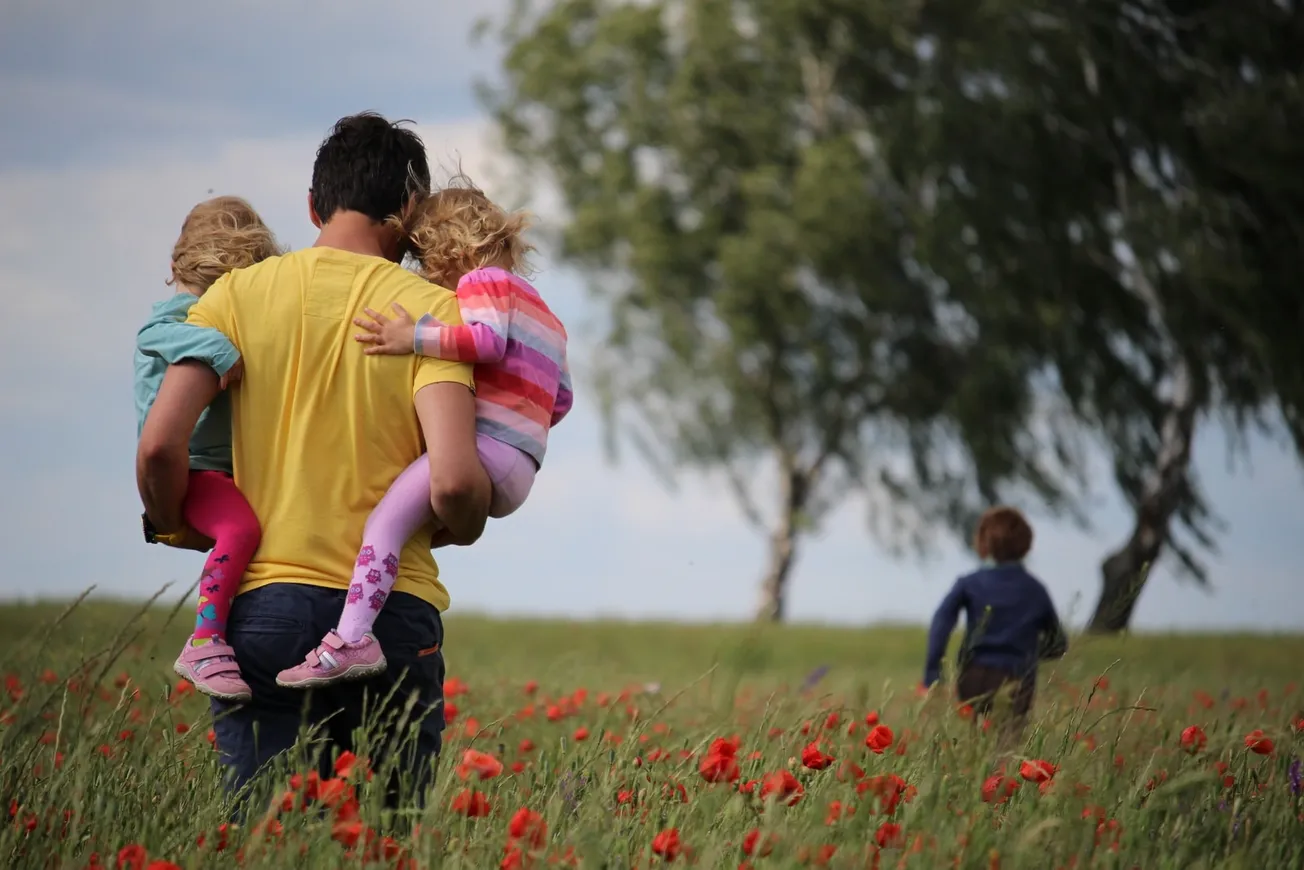Table of Contents
After we honoured and celebrated fathers on Sunday, it’s worth considering just how significant fathers are to the well-being and development of children, and ultimately the overall health of our society.
Sadly, many kiwi kids live without a biological father or stepfather in their home. More than 25% of families with dependent children are headed by a sole parent, and 85% of single-parent families are fatherless families. Mum’s are clearly doing most of the parenting, so absent fathers need to ‘step-up’ with their parental responsibilities. Mothers also benefit when fathers are more involved in raising their children.
New Zealand has one of the highest rates of sole parenthood among developed countries. NZ Government data shows that more than 25% of families with dependent children are headed by a sole parent. (Source: Social Policy Evaluation and Research Unit, 2018).

How do we compare to other countries? As mentioned, New Zealand has one of the highest rates of sole parenthood among developed countries. We would rank 2nd worst in the entire EU, and more than double the EU average.
One-parent families are much more likely to rely on the state for their survival, and those children growing up in one-parent families are also more likely to suffer from health, education and social problems.
Births from unmarried Mums made up 79% of total Maori births in 2017, while the corresponding figure for non-Maori was 34%. Source: Statistics New Zealand.
We applaud solo Mum’s doing a superb job in raising their children, but this doesn’t mean that absent Fathers are not missed. It’s very clear that children need both mothers and fathers. Mothers and Fathers play equally important but different roles in a child’s life.
Fathers provide essential protection, role modelling, teaching, guidance, motivation, discipline, and most importantly – love. Yes, mothers also provide role modelling, teaching, guidance, love etc, but as we’ve stated, children need both mothers and fathers – their roles are different. Children look to their fathers to provide a feeling of security, both physical and emotional. Studies have shown that when fathers are affectionate and supportive, it greatly affects a child’s cognitive and social development. It also instills an overall sense of well-being and self confidence.
Fathers play a vital role in a child’s life that cannot be filled by others.
But as ‘Fatherlessness’ increases in society, so too do we see a corresponding increase in violence, criminal activity, mistreatment of women, lack of respect for authority, learning difficulties among boys, relationship difficulties among young women, and increased mental health issues among young men.
An abundance of research into the effects of fatherlessness reveals some deeply troubling consequences. When a child is raised in a fatherless home, they are negatively affected in the following ways:
- 4x greater risk of poverty
- More likely to have behavioural problems
- 2x greater risk of infant mortality
- More likely to go to prison
- More likely to commit crime
- 7x more likely to become pregnant as a teen
- More likely to face abuse and neglect
- More likely to abuse drugs and alcohol
- 2x more likely to suffer obesity
- 2x more likely to drop out of school
Source: National Fatherhood Initiative® 2019. Father Facts: Eighth Edition.
Our society needs fathers, especially those who are good role models. The importance of fathers is immense! So let’s do everything we can to support and encourage Fatherhood.
Read our report – Why Fathers Matter … and also watch our videos on this subject.






